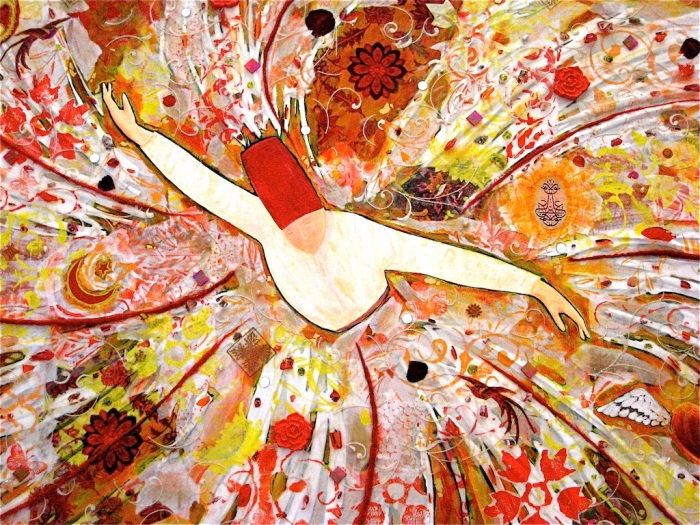
If I’d get a penny for every time I hear someone declare the need for disseminating the ‘sufi’ interpretation of Islam as a way to counteract the trends of radicalism, I’d be a millionaire now. It irks me because this springs from a misinformed perception which not only reeks of foreign, political influences but also of complete unfamiliarity with the tradition.
There are problems with the historical, and in some ways on-going, attempts to use Sufism as a political tool, both by Western and ‘enlightened-moderate’ Pakistani governments in the past. At the offset of the 21st century, American foreign policy is known to have formally viewed, and attempted to use, Sufism as an “exploitable fissure”; an approach I find to be infinitely problematic and, frankly, quite sinister. It reminds me of the phrase by Dhu’l-Nun al-Misri, one of the greatest Sufis, condemning turrahat al-Sufiyya, loosely translated as travesties of the Sufis, by which he meant the ‘appropriation of Sufism by the unworthy’. This whole political project of formulating and propagating a mindset, presumably to counter radicalism, which views Sufism and traditional Islam in mutually exclusive, dichotomous, and antagonistic terms, does a great disservice to both. For many skeptics, there is a narrow window between Islamic orthodoxy to turn into radicalism – this fear springing from a worldview grounded in hatred and ignorance. I feel that pushing Sufism as an ‘antidote’ to Islamic orthodoxy assumes that the former has an independent existence. Many like myself would contend otherwise (as I particularly speak of the so-called ‘sober’ Junayd’s school of spirituality). It seems like marshaling a branch of a religious tradition and using it as a political tool against that very tradition out of which it emerged. Celebrating the cultural appeal of sufi music as an end in itself is one thing, and viewing it as a political tool as a means to another end, wholly another. This project, of West making Sufism its ally, has important social implications. The West’s political adoption of Sufism for its own use, at home and abroad, has been felt by the perceptive (as it was quite conspicuous during the Musharraf regime) and has made the term ‘sufism’ and its certain manifestations suspect in the eyes of traditional people. You may find out that, in Pakistan for example, you cannot have a conversation with the spiritually inclined, some even initiated into various sufi orders, elders of your family without using the term ‘tasawwuf’ in place of ‘sufism’ (reminiscent of George Orwell’s incisive observation that any word that ends with an -ism reeks of propaganda), and without explicitly admitting as a preface that you view sufi spirituality as a central component of as well as vitalizing influence on Islam, and not as its antithesis.
Reading about western foreign policy’s channeling large funds in various directions to ‘transform Islam from within’ for me has been reminiscent of another campaign, not so long ago, with reversed aims, whereby massive funds and arms were channeled during the time of Afghan jihad in which it suited US interests to support and propagate the so-called ‘jihadi’ narrative in Islam. It is not a distant memory when books, published in the US, were disseminated across seminaries in Pakistan, the introductory alphabet alif bay lesson of which taught: alif for Allah, jeem for jihad, kaaf for Kalashnikov. I wonder if the massive and deep-rooted havoc wreaked in my part of the world and beyond, through these warped policies, can be undone by globally applauding to alif Allah chambray di booti and patronizing ‘sufi concerts’. Masses in traditional Muslim societies do not look at Western governments abroad or Westernized governments at home to interpret Islam for them or inform them as to which reading of Islam is superior to others. The reasons for such deep-seated suspicion are understandably historically rooted and cannot necessarily be attributed to a plain unthinking anti-Western sentiment. US foreign policy’s history of indulging different configurations of Islam at different points in history, in politically self-serving ways, does not lend it any credibility in the eyes of those who claim to live Islam on their own terms. Based on what I have gathered, even sufis don’t like ‘state-sponsored sufism’. Sufi tradition can arguably have a more broad-based appeal when left alone by the state departments. Responding to overwhelmingly political problems with theological ‘exploitations’ or cultural magic bullets seems not only a superficial response but also a misdirected and misinformed one. In what ways can sufi songs possibly act as a counteractive to militancy and radicalism?